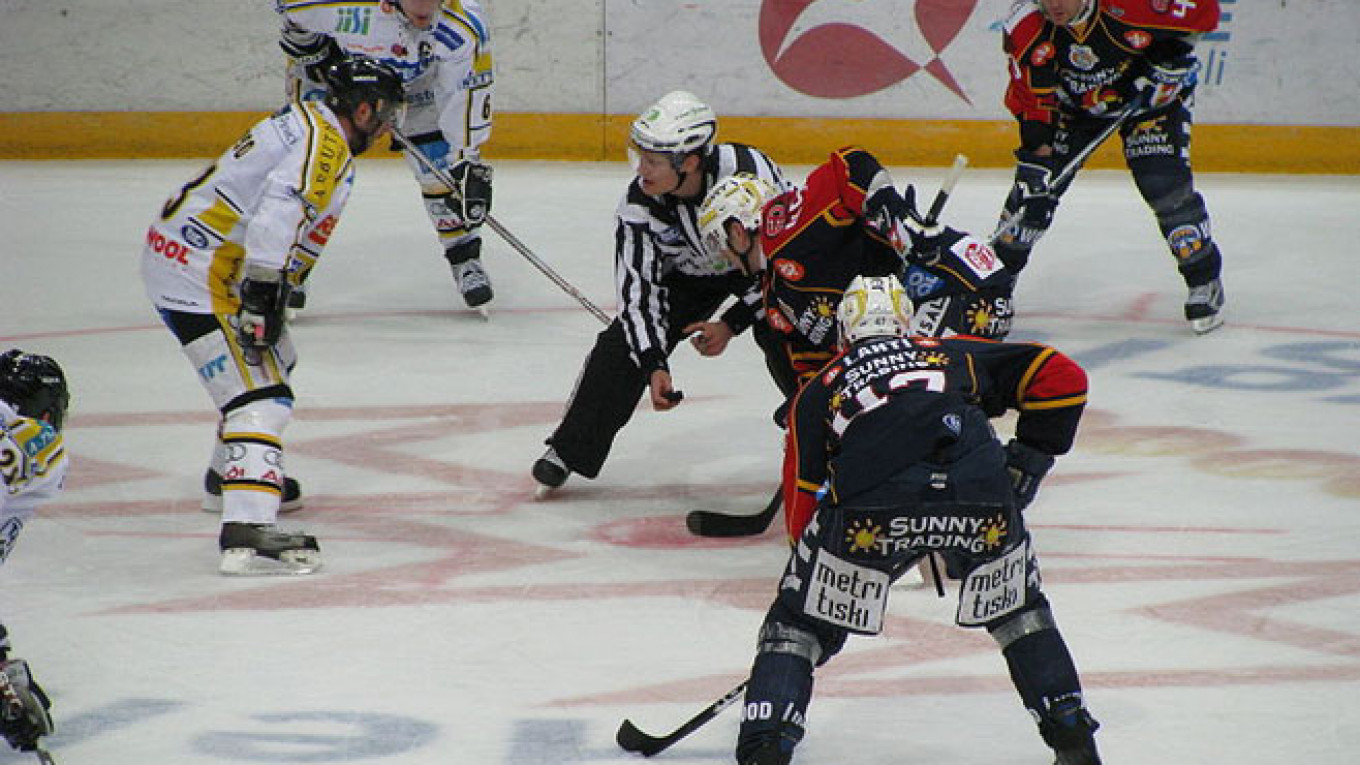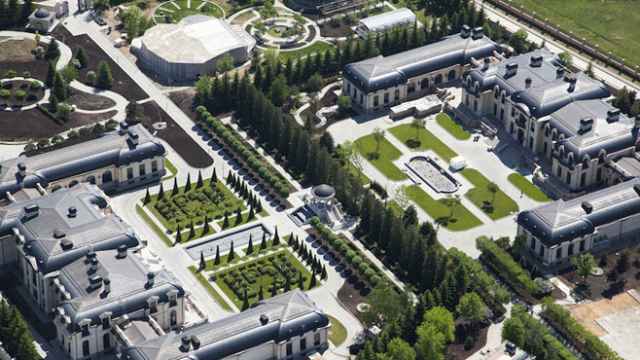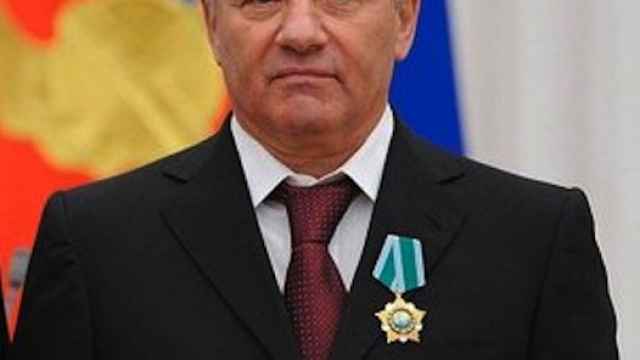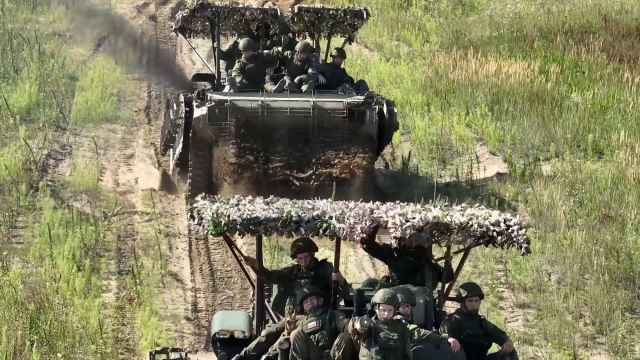Sanctioned Russian billionaires Arkady and Boris Rotenberg have sold their shares in Finnish hockey team Jokerit and its home stadium — Finland's largest arena — to the latter's 33-year-old son, newspaper Helsingin Sanomat reported Friday.
The transfer effectively gives Boris's son Roman Rotenberg a 50.5 percent stake in Arena Events, the company that owns the Finnish assets, while the other 49.5 percent remains in the hands of another Russian tycoon, Gennady Timchenko.
Timchenko and the Rotenberg brothers bought Jokerit and the Hartwall Arena last year. All three are seen as members of President Vladimir Putin's inner circle and are facing a range of Western sanctions over the crisis in Ukraine.
Arkady and Boris Rotenberg boast personal fortunes of $4 billion and $1.7 billion, respectively, while Timchenko's $15.3 billion made him Russia's sixth richest man this year, according to Forbes.
Roman Rotenberg, a dual Russian-Finnish citizen, is also vice president of the St. Petersburg ice hockey club SKA. He told newspaper Helsingin Sanomat that the Jokerit transfer had been in the works for some time but was delayed when sanctions were foisted on his father and uncle.
“The sanctions slowed down the process. … A lot of money has gone to lawyers and really understanding how to act in these circumstances,” he said.
Also on Friday, business daily Vedomosti cited unidentified sources as saying that Arkady Rotenberg had given up his share in development company TPS Group. Real estate analysts told the paper that his decision was likely a response to the sanctions, which would make it difficult for the developer to attract much-needed investment.
A Message from The Moscow Times:
Dear readers,
We are facing unprecedented challenges. Russia's Prosecutor General's Office has designated The Moscow Times as an "undesirable" organization, criminalizing our work and putting our staff at risk of prosecution. This follows our earlier unjust labeling as a "foreign agent."
These actions are direct attempts to silence independent journalism in Russia. The authorities claim our work "discredits the decisions of the Russian leadership." We see things differently: we strive to provide accurate, unbiased reporting on Russia.
We, the journalists of The Moscow Times, refuse to be silenced. But to continue our work, we need your help.
Your support, no matter how small, makes a world of difference. If you can, please support us monthly starting from just $2. It's quick to set up, and every contribution makes a significant impact.
By supporting The Moscow Times, you're defending open, independent journalism in the face of repression. Thank you for standing with us.
Remind me later.






